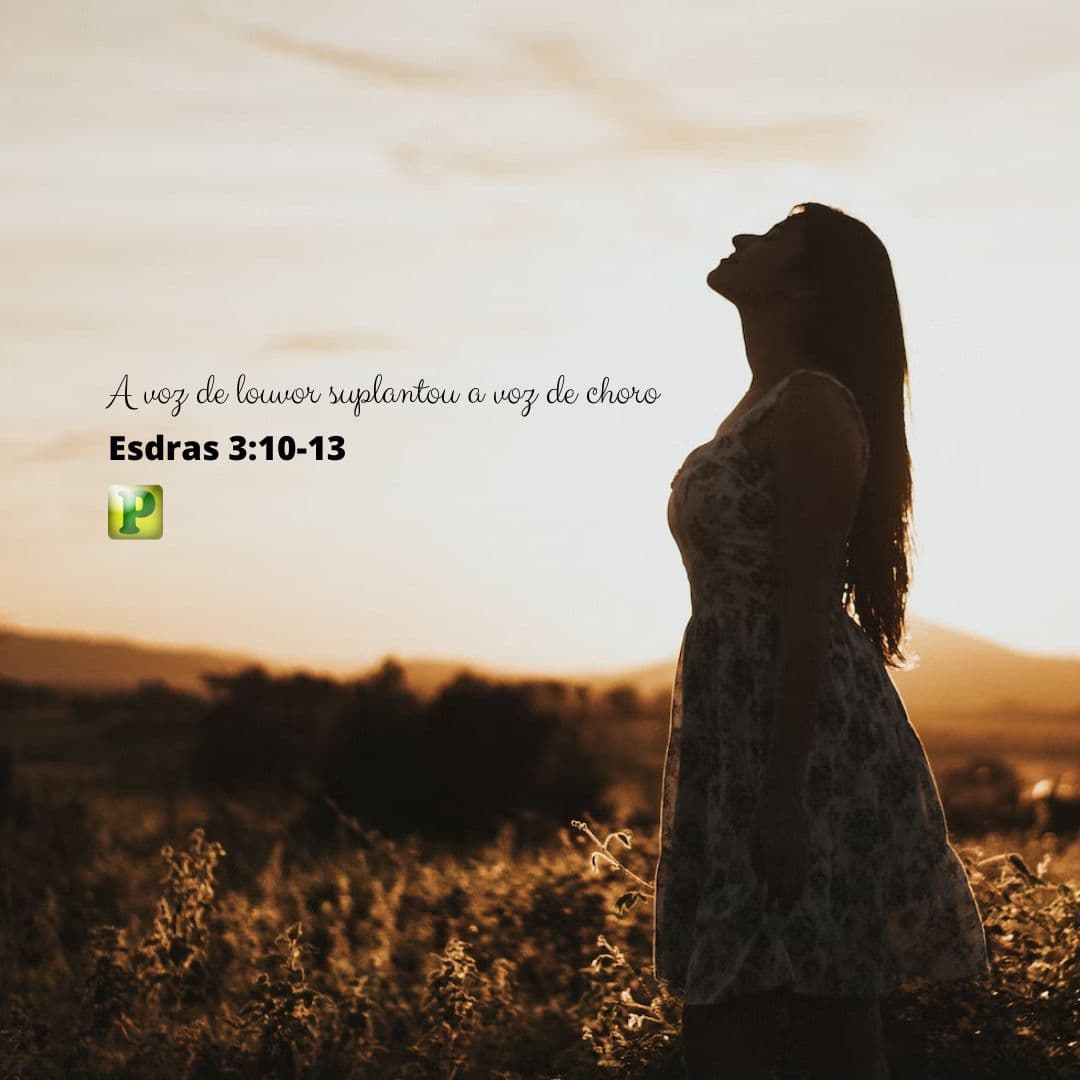The Last Faithful Church – Preaching
Preaching Outline on Ruth 1:1-5 – And it came to pass in the days when the judges judged, that there was a famine in the land: and a man of Bethlehem Judah went out to sojourn in the fields of Moab, he, and his wife, and his two sons. And this man’s name was Elimelech, and his wife’s name Naomi, and the names of his two sons, Mahlon and Chilion, Ephrathites, from Bethlehem of Judah; and they came to the fields of Moab and stayed there. And Naomi’s husband Elimelech died, and she was left with her two sons, who took for themselves Moabite wives; and the name of the one was Orpah, and the name of the other Ruth; and they stayed there nearly ten years. And they both died, Mahlon and Chilion, and the woman was left destitute of her two sons and her husband.
Lessons in Fidelity and Perseverance
Introduction to Ruth 1:1-5
The book of Ruth, a little hidden treasure in the Old Testament, presents us with a story of faithfulness, redemption and hope in the midst of difficult times. Set in a period of crisis in Israel, marked by famine and apostasy, the book invites us to reflect on the importance of perseverance, loyalty and trust in God, even when circumstances seem adverse.
Ruth 1:1-5 describes the initial context of the story: a famine in Bethlehem of Judah leads Elimelech, his wife Naomi and their two sons to migrate to Moab in search of survival. However, tragedy befalls the family: Elimelech dies, and his sons marry Moabite women, Orpah and Ruth. After ten years, the sons also die, leaving Naomi a widow with no descendants.
In a context of loss and suffering, the story of Ruth gives us a glimpse of the “last faithful church”. Naomi, though embittered by pain and disappointment, represents the church that is in crisis, devoid of hope and on the brink of despair. Ruth, on the other hand, personifies the faithful church, which clings to God and His principles, even in the midst of difficulties.
Ruth’s faithfulness to Naomi and to God, in contrast to Orpah’s decision to return to her people and her gods, challenges us to reflect on our own faithfulness in times of crisis. In a world that is increasingly secularized and hostile to the Christian faith, we are called to stand firm in our values and not abandon our faith, even in the face of adversity.
May the analysis of Ruth 1:1-5 and the moving story of Ruth and Naomi inspire us to be the “last faithful church”, persevering in the midst of difficulties, trusting in divine providence and witnessing to God’s love in a world in need of hope and redemption.
Development
“In the days when the judges judged…” (Rt 1:1a)
The book of Ruth begins in a troubled period in Israel’s history, when the judges ruled the nation. This period was marked by cycles of apostasy, oppression and liberation. The famine that ravaged Bethlehem of Judah reflects the spiritual and moral crisis the people were facing.
Just as in the days of the judges, we live in a time of moral and spiritual crisis. The relativization of truth, secularism and turning away from God have had disastrous consequences for society. The church is often pressured to conform to the values of the world, losing its identity and its power to transform.
In the midst of this crisis, we are called to be the “last faithful church”, which stands firm on its principles and does not allow itself to be contaminated by the values of the world. As 1 Peter 1:13-16 exhorts us: “Gird up the loins of your mind, be sober, and have perfect hope in the grace that is being offered you at the revelation of Jesus Christ. As obedient children, do not be conformed to the lusts which you once had in your ignorance; but as He who called you is holy, you also be holy in all your conduct; for it is written, ‘Be holy, for I am holy.
“…there was a famine in the land…” (Rt 1:1b)
The famine in Bethlehem of Judah represents the spiritual scarcity that plagued the people of Israel. The lack of physical food symbolizes the lack of spiritual food, the Word of God. In times of crisis, the tendency is to look for easy and immediate solutions, even if this means turning away from God.
Elimelech, in his search for survival, made the decision to leave Bethlehem, the city of David, and migrate to Moab, a land of pagan peoples. This decision reflects the attitude of many Christians who, in times of crisis, abandon communion with the church and seek refuge in philosophies and practices contrary to the Christian faith.
Hebrews 10:25 exhorts us not to forsake the assembling of the saints: “Not forsaking the assembling of ourselves together, as the manner of some is; but exhorting one another, and so much the more, as ye see the day approaching.” In times of crisis, the church needs to unite and strengthen itself in faith, seeking God in prayer and in the Word.
“…and a man from Bethlehem of Judah went to dwell in the fields of Moab…” (Rt 1:1c)
Elimelech’s decision to settle in Moab had tragic consequences for his family. He died in a foreign land, and his sons married Moabite women, which was forbidden by the law of Moses (Deuteronomy 7:3-4).
Looking for solutions outside of God’s will can lead us down dangerous paths and to disastrous consequences. We need to be careful not to let ourselves be carried away by despair and make hasty decisions that take us away from God.
Psalm 37:4 encourages us to delight ourselves in the Lord, and he will grant us the desires of our heart: “Delight yourself also in the Lord, and he shall give you the desires of your heart.” Instead of looking for fleeting human solutions, we should trust in divine providence and seek His will in all things.
Conclusion of Ruth 1:1-5
The book of Ruth presents us with a picture of the “last faithful church” in a context of crisis and apostasy. The story of Ruth and Naomi teaches us the importance of faithfulness, perseverance and trust in God, even when circumstances seem adverse.
In a world that is increasingly distant from God, we are challenged to be the “last faithful church”, which stands firm on its principles and doesn’t let itself be counted.
Preaching Outline on Ruth 1:1-5 – And it came to pass in the days when the judges judged, that there was a famine in the land; and a man from Bethlehem of Judah went out to sojourn in the fields of Moab, he, and his wife, and his two sons.






